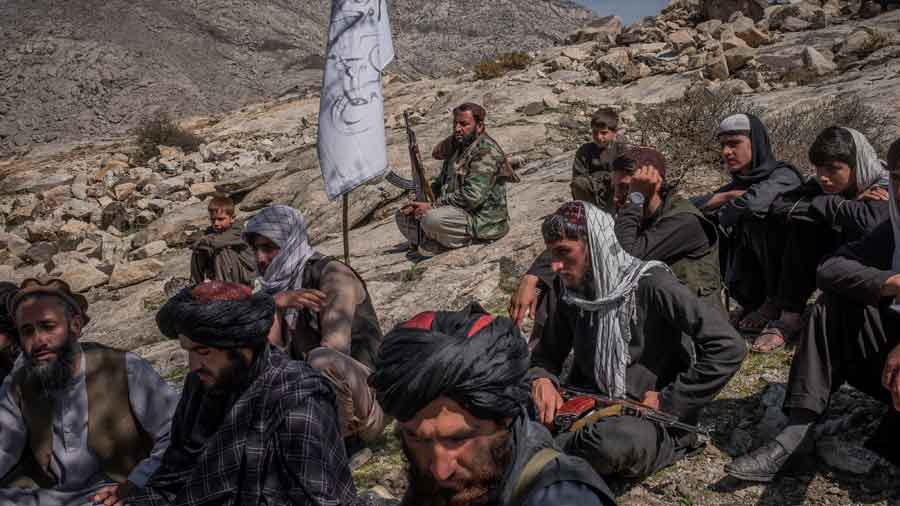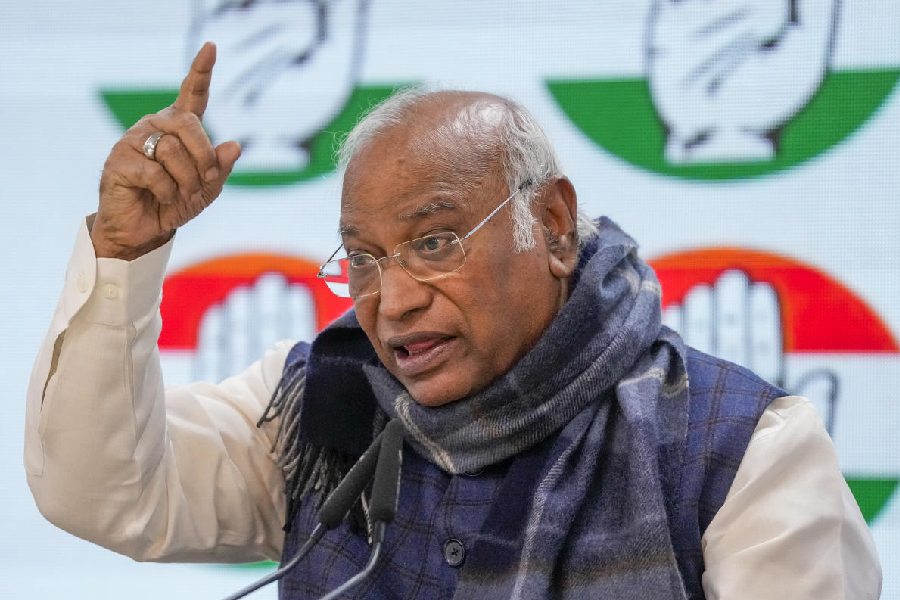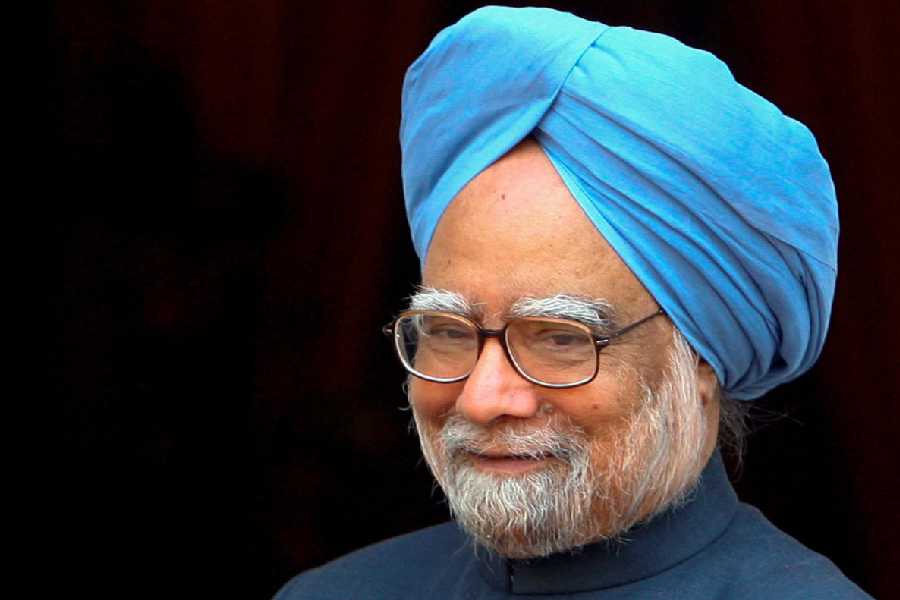The Taliban claimed ‘independence’ after the hasty withdrawal of the troops of the United States of America and its allies from Afghanistan. But is this really the case? It appears that the regime has not been able to sever the umbilical cord that binds it to its patron — Pakistan. The ‘strings attached theory’ has gained further credibility with the announcement of the formation of an interim government in Kabul. A cursory glance at the composition of this dispensation would reveal Rawalpindi’s invisible, but firm, imprint. For instance, New Delhi has detected a disproportionate presence of elements from the Haqqani network and from the faction of the Taliban based in Kandahar in the power hierarchy atop which sits the hardliner, Mullah Mohammad Hasan Akhund. The segment that negotiated the peace treaty in Doha and with which there has been some contact at New Delhi’s end has, worryingly, been relegated to the sidelines in the course of this jockeying for power. The implications are obvious and ominous. The relative insignificance of those segments in the Taliban that appeared to be willing to engage with the international fraternity raises the prospects of a return to the medieval, theocratic rule in Afghanistan. This regression would deliver cruel blows to such causes as women’s empowerment and civil rights. Little wonder then that Kabul has witnessed courageous demonstrations led by women, both against the Taliban and Pakistan.
Islamabad’s firmer grip on Afghanistan would deepen the frown in New Delhi. India has notable development projects in Afghanistan; their future could become uncertain. The more formidable challenge would be on the security front. The Taliban already have made discomfiting noises on Kashmir, and there is a possibility of the Taliban’s handlers encouraging the government in Afghanistan to depute non-State actors to heat up the border with India. The challenge for the global fraternity, including India, would be to wean the Taliban away from its dependence on Pakistan. The carrot and stick policy could be employed in this context. Afghanistan’s survival depends on aid — food, medical supplies, finances, reconstruction. The world must loosen its purse strings and facilitate humanitarian aid but these measures must be made contingent upon the Taliban’s ability to not allow Afghanistan to be transformed into an epicentre of global jihad. But international pressure can only work if the global powers find themselves on the
same page. China has adopted a rather placatory position. Beijing should be made to fall in line so that Pakistan and, in turn, the Taliban refrain from adventurism elsewhere.











